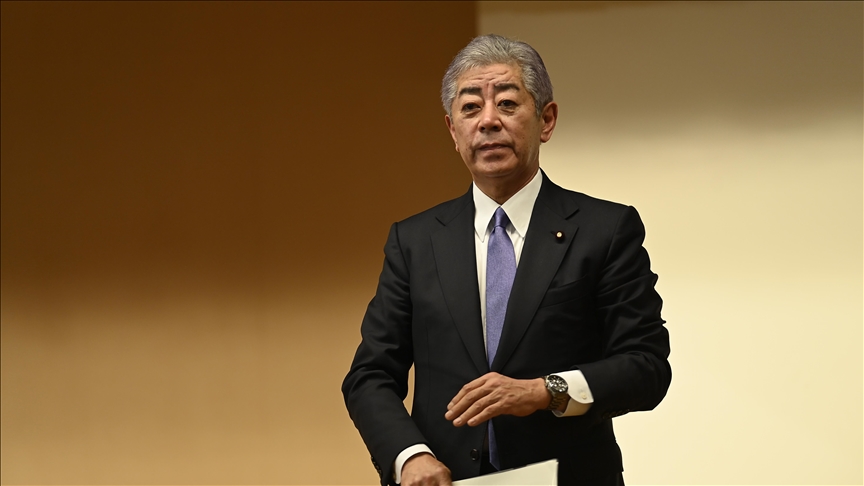

By Anadolu Agency
ISTANBUL
Japan and South Korea on Monday agreed to maintain close cooperation with the US, their ally in the region, in dealing with North Korea’s alleged military threat.
Japanese Foreign Minister Takeshi Iwaya and his South Korean counterpart Cho Tae Yul reaffirmed the importance of advancing bilateral relations during their meeting in Seoul, amid deepening political uncertainty triggered by impeached President Yoon Suk Yeol’s short-lived martial law last month, Tokyo-based Kyodo News reported.
Pyongyang blames the US and its allies for the intense security situation on the Korean Peninsula.
Following the meeting, Iwaya said in a joint press conference with Cho that they have also agreed to maintain close trilateral collaboration with the US to address North Korea’s military threat.
Under US President Joe Biden’s administration, the two countries have increased cooperation with Washington to better address North Korea’s missile and nuclear programs, the media outlet added.
This was a high-ranking Japanese official’s first trip to Seoul since Yoon declared martial law on Dec. 3, and he was later impeached by parliament.
The visit also marks the 60th anniversary of South Korea and Japan’s normalization of relations.
Cho, referring to Japan’s pre-World War II occupation of the Korean Peninsula, said: “We will work closely to develop future-oriented relations while reducing the amplitude of tensions caused by historical issues,” Seoul-based Yonhap News reported.
Last week, US Secretary of State Antony Blinken visited Seoul to reaffirm bilateral relations.
Seoul and Tokyo are Washington’s old allies in the Asia-Pacific region, and they host thousands of American soldiers besides providing military bases.
South Korea and Japan are also marking the 60th anniversary of the normalization of ties this year.
After Yoon’s failed move, Ishiba said Tokyo was watching the situation in South Korea with “grave concern.”
The trip to Seoul by the top Japanese diplomat also comes ahead of the inauguration of US President-elect Donald Trump on Jan. 20.
We use cookies on our website to give you a better experience, improve performance, and for analytics. For more information, please see our Cookie Policy By clicking “Accept” you agree to our use of cookies.
Read More